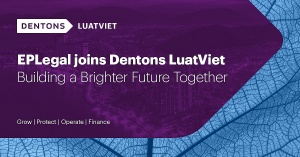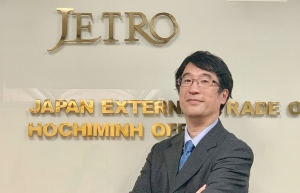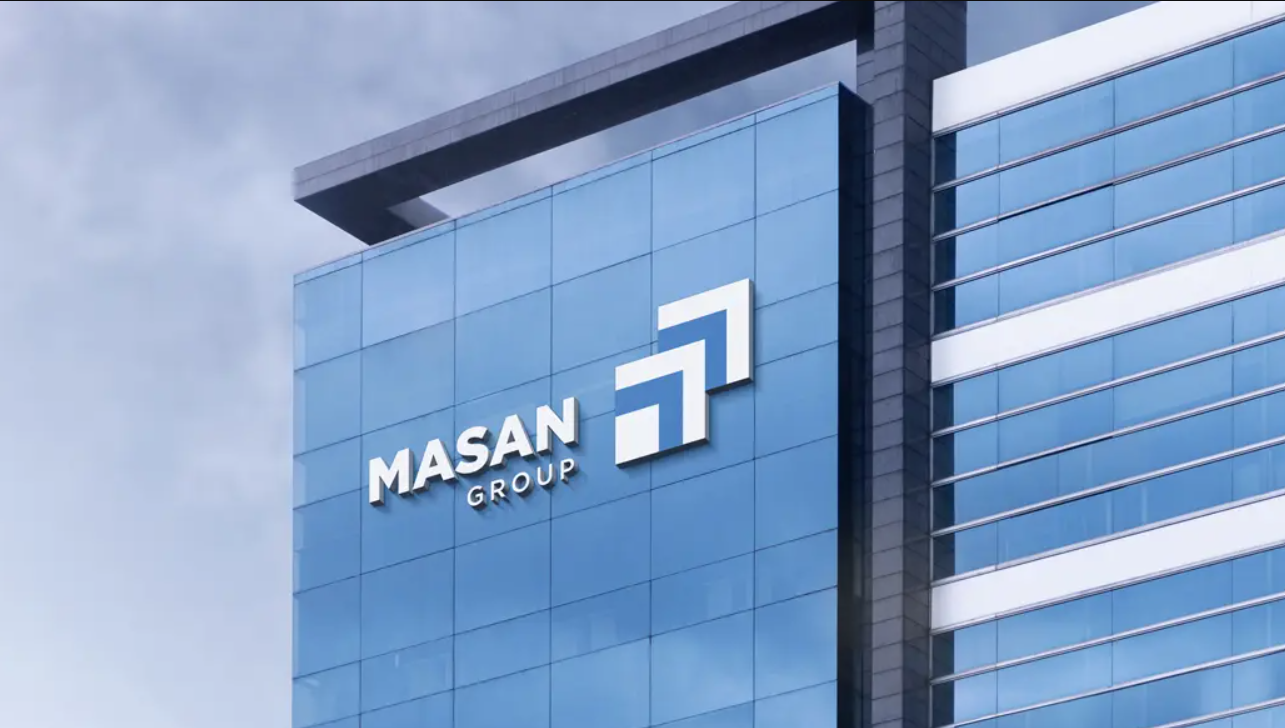Extending foreign investment projects in Vietnam: unravelling obstacles
Foreign investment in Vietnam has come a long way. Initial projects often began in the early 1990s and are now reaching the end of their lifecycle. However, they face challenges in extending their investment licences due to various associated procedures, especially those related to land. This creates significant legal barriers, causing considerable difficulties for enterprises in maintaining and expanding their operations.
 |
| Tran Duy Canh, managing partner (left) and Hoang Mai Khanh, trainee associate |
Many enterprises in industrial zones, export processing zones, and hotels and tourist facilities in Vietnam are also facing similar difficulties. These projects, after the expiration of the period recorded in the licence, are encountering struggles in extending investment projects and renewing land lease contracts.
This issue affects not only business operations but also creates an unstable investment environment, reducing Vietnam's competitiveness in attracting foreign investors.
In the current context, for cases where a project is amended to extend its operational term, the land user must initially adjust it before submitting an application to extend the land use. Extending initiatives, especially joint ventures using public land, face numerous difficulties due to overlapping and inconsistent legal regulations.
Although the Law on Investment stipulates the extension of ventures, for projects using public land, the extension also depends on the provisions of the Land Law and the Law on Management and Use of Public Property. Early projects often involved public land when the Vietnamese party contributed capital through land use rights.
Previously, Decree No. 43/2014/ND-CP dated May 15, 2014 guiding the Land Law 2013, stipulated that when an investment project is amended to change its operational duration, the enterprise must submit a land use extension application after adjusting the project.
Meanwhile, Decree No.167/2017/ND-CP dated December 31, 2017 of the government on disposition of public property and Decree No.67/2021/ND-CP dated July 15, 2021 guiding the Law on Management and Use of Public Property stipulate that after the end of capital contribution, joint ventures, or partnerships, public assets in the form of land will be handled by recovery and auction of land use rights, bidding to select investors.
However, in some cases, after the expiration of the investment project corresponding to the public land use period, enterprises still wish to continue the project. This raises the question whether they have to face the possibility of land recovery and incur the time and cost to participate in the auction of land use rights according to the regulations of the Law on Management and Use of Public Assets. And if they participate in the auction, they are not guaranteed to be the only participant or to win.
Although, Clause 3, Article 124 of the Land Law 2024 stipulates that the prime minister has the authority to allocate land with land use fees, lease land without auctioning land use rights, and without bidding to select investors to implement projects using the land. However, in reality, this authority of the prime minister has not been implemented in practice, leaving the enterprises uncertain about whether they will face the auction process.
The lack of clarity and consistency in these regulations causes confusion for authorities in handling land use extension applications, as enterprises cannot be assured of their chances in land use rights auctions. This leads to difficulties for authorities in processing the extension of investment project durations.
The lack of clarity and consistency in these regulations causes confusion for authorities in handling land use extension applications, as enterprises cannot be assured of their chances in land use rights auctions. This leads to difficulties for authorities in processing the extension of project durations.
The primary reason investment projects encounter difficulties is the lack of clarity in investment and land regulations. This ambiguity creates significant obstacles for enterprises attempting to meet the requirements for extending land leases and investment projects.
Additionally, delays in decision-making by authorities pose a serious issue. Prolonged processing times for extension applications not only risk missing out on new investment opportunities but also hinder Vietnam's economic development. This situation directly affects enterprises' operations and negatively impacts the overall investment climate, especially as Vietnam competes with regional countries to engage more foreign investors.
Many experts suggest that policy changes are necessary to create better conditions for enterprises. Specifically, simplifying administrative procedures and increasing transparency in investment and land-related processes are essential. To resolve the current issues, timely and decisive intervention from the authorities is crucial to ensure stability and sustainability in business operations.
Although the law grants the prime minister the authority to make decisions, there is a need for specific guidelines on conditions, procedures, and methods for determining land leases and assets attached to the land when extending investment licences. This will help address existing challenges and reassure investors to continue their current and future projects.
Meeting the needs of enterprises aligns with Vietnam's goals of economic development and attracting strong foreign investment.
 | EPLegal joins forces with Dentons LuatViet in Vietnam EPLegal, a leading Vietnamese law firm, has joined forces with Dentons LuatViet, enhancing client offerings across Vietnam and the ASEAN region. |
 | Japanese players take domestic demand into account Japan remains in the top five largest foreign direct investors in Vietnam so far this year. Matsumoto Nobuyuki, chief representative of the Japan External Trade Organization (JETRO) in Ho Chi Minh City, talked to VIR’s Bich Ngoc and gave his assessment on capital flows from Japan to Vietnam. |
 | SK Group extends the put option for its long-term investment in Masan Group South Korean conglomerate SK Group and Vietnamese corporation Masan Group (HSX: MSN) announced an agreement on September 4 to extend the timeline for SK Group's put option with Masan by up to five years. |
What the stars mean:
★ Poor ★ ★ Promising ★★★ Good ★★★★ Very good ★★★★★ Exceptional
Related Contents
More News
- EPLegal joins forces with Dentons LuatViet in Vietnam (June 06, 2024 | 08:30)
- New PDP8 implementation plan brings investment opportunities (April 05, 2024 | 15:40)
- EU's Carbon Border Adjustment Mechanism and its impact on Vietnam's industry (February 29, 2024 | 10:24)
- Dentons LuatViet hires Ngo Anh Tuan as senior partner (February 22, 2024 | 15:47)
- New law on telecommunications brings new opportunities (January 30, 2024 | 11:08)
- Vietnam's amended Land Law 2023: some pivotal changes and their impacts (January 25, 2024 | 14:29)
- Getting Vietnam’s carbon market framework ready (December 05, 2023 | 18:09)
- Eva Szurminska Jaworska joins Dentons LuatViet (September 18, 2023 | 17:57)
- Leading tax lawyer Phan Thi Lieu joins Dentons LuatViet (September 11, 2023 | 15:33)
- Best business practices involving KOLs in Vietnam (August 22, 2023 | 18:37)

 Tag:
Tag:















 Mobile Version
Mobile Version